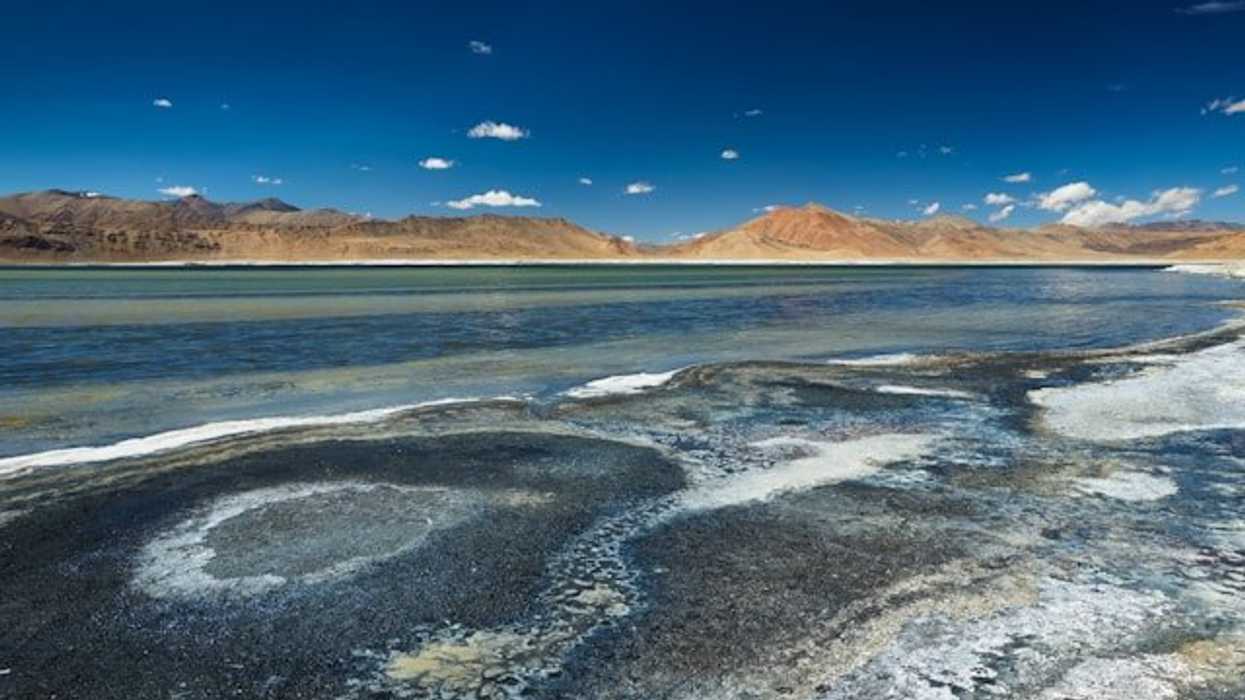A powerful storm has already caused fossil fuel plants on the Gulf Coast to release toxic pollutants into the air, prompting medical experts to call for a halt to new plant construction in hurricane-prone areas.
Mike Ludwig reports for Truthout.
In short:
- Hurricane Beryl caused power outages at multiple refineries and petrochemical plants in Texas, leading to the release of harmful pollutants.
- Environmental justice advocates warn that new LNG terminals will exacerbate pollution in storm-affected areas.
- Medical professionals urge the Biden administration to consider public health impacts when approving new fossil fuel infrastructure.
Key quote:
“Despite massive flood walls, facilities can become isolated by surrounding open water. Federal and state agencies failed to fully consider future sea level rise, land subsidence, and the stronger and more frequent hurricanes brought on by climate change when permitting these facilities.”
— Shaq Cossé, program manager at the Louisiana Bucket Brigade
Why this matters:
The increase in hurricanes due to climate change intensifies the risks posed by fossil fuel plants. Communities, especially low-income and minority groups, are disproportionately affected by pollution from these facilities.














